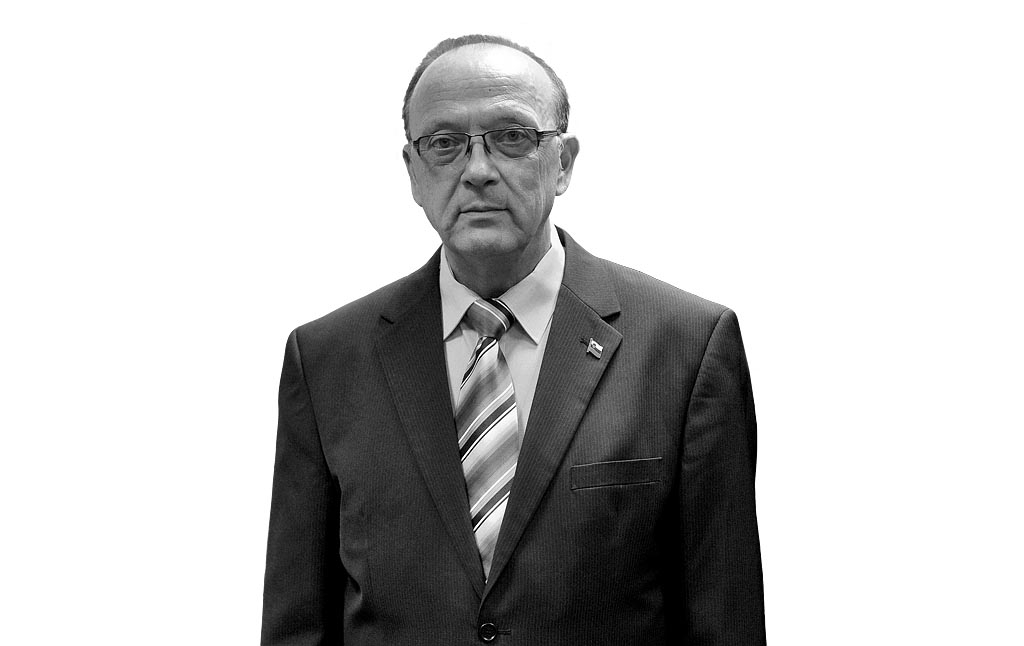By: Dr. Vinko Gorenak
On July 29th, 2022, the Government of the Republic of Slovenia adopted a regulation on the protection of the Prime Minister of the Republic of Slovenia. Nothing unusual, you would say. In fact, this is an important act that has never been adopted on such a large scale in the history of Slovenia.
Such wishes for an independent police unit that would protect the president of the country or the government and would not be subordinate to the chief of police and the minister of the interior are not new. I saw them for the first time between 1995 and 1997 when I was in charge of the personnel department of the Ministry of the Interior. The then president of the country Milan Kučan, and to a lesser extent the then prime minister Dr Janez Drnovšek, naturally wanted an independent police unit that would protect them (preferably two separate ones), without being subordinate to the leadership of the police and the Ministry of the Interior. At that time, many experts warned me about many open questions. One of the more important was which police powers, perhaps all, the police officers who would protect the president of the country and the government outside the police, they would have, perhaps also the powers to use covert investigative measures.
In the law from 1998, we solved the possibility of such a police unit, separate from the police, subordinate to the president of the country or government, by writing an article of the law on the police, which provided for the possibility of transferring police officers to the office of the president of the country or government, but with powers that would be adapted to the protection of the protected person and in no way broader, i.e., without the use of covert investigative measures.
Nothing like that yet
Everything is different in the “freedom” of Robert Golob. The already mentioned government regulation, adopted on July 29th, 2022, provides for the transfer of the “necessary” number of police officers to the General Secretariat of the Government in order to protect Prime Minister Golob. A similar solution is proposed to Nataša Pirc Musar as the future president of the country.
This never happened in independent Slovenia. Regardless of the wishes of former President Milan Kučan and former Prime Minister Dr Janez Drnovšek, we have not witnessed anything similar. According to my memory, only Peter Šefman was transferred to Milan Kučan’s cabinet based on the law at the time, but a special police unit, separate from the police, which would protect one or the other was never established in Milan Kučan’s or Dr Janez Drnovšek’s cabinet.
So, what does the adoption of the regulation on the protection of Prime Minister Robert Golob of July 29th, 2022, mean? First of all, this means no confidence in Tatjana Bobnar as interior minister and Boštjan Lindav as police chief. Second, it means Robert Golob’s complete distrust of the police as an institution that should protect him. Let’s not forget that the police, together with officers from the Centre for Security and Protection and other police officers, guarded the Pope twice, two American presidents, the Russian president several times, not to mention hundreds of other foreign statesmen, and as already mentioned, they also guarded all current presidents of the government and the state of the Republic of Slovenia. So why is such a turnaround necessary for Golob?
A parastatal police force is being established
So, a kind of parastatal police is being established, bypassing the official state police, which will be able to do anything. If these officers have full police powers, they will also be able to use covert investigative measures (covert tracking, opening letters, covert recording, wiretapping and more). I am not saying that they will do that, but there are no legal obstacles to such a thing.
The information that a special procedure is being prepared for the transfer of precisely selected police officers to the newly established police unit with Golob is also worrying. It is clear that the first criterion will be political affiliation and total dedication to Robert Golob, things are supposedly going even so far that all these police officers should agree on who can join them and who cannot join in this way formed Robert Golob’s police unit. Is this not politicisation, which the current interior minister Tatjana Bobnar and police chief Boštjan Lindav were so vocal against? Of course, it is. If we add to this Golob’s refusal to appoint Boštjan Lindav as the head of the police with a full mandate, the reason is said to be the too slow “cleaning of Janša’s personnel”, then this is even more proof that it is a matter of a great deal of politicisation and not depoliticisation of the police.
The fact that Golob’s specialists are said to have five to ten pay grades higher salaries than police officers who protect other protected persons makes it even worse. In this case, the alleged rebellion against such decisions by Robert Golob within the police and the Ministry of Internal Affairs is completely justified. It remains to be seen whether Tatjana Bobnar, in the role of Minister of the Interior, and Boštjan Lindav, in the role of Acting Chief of Police, will also act on principle and resign in this case, or whether they will trample on their principles. Time will bring the answer.

